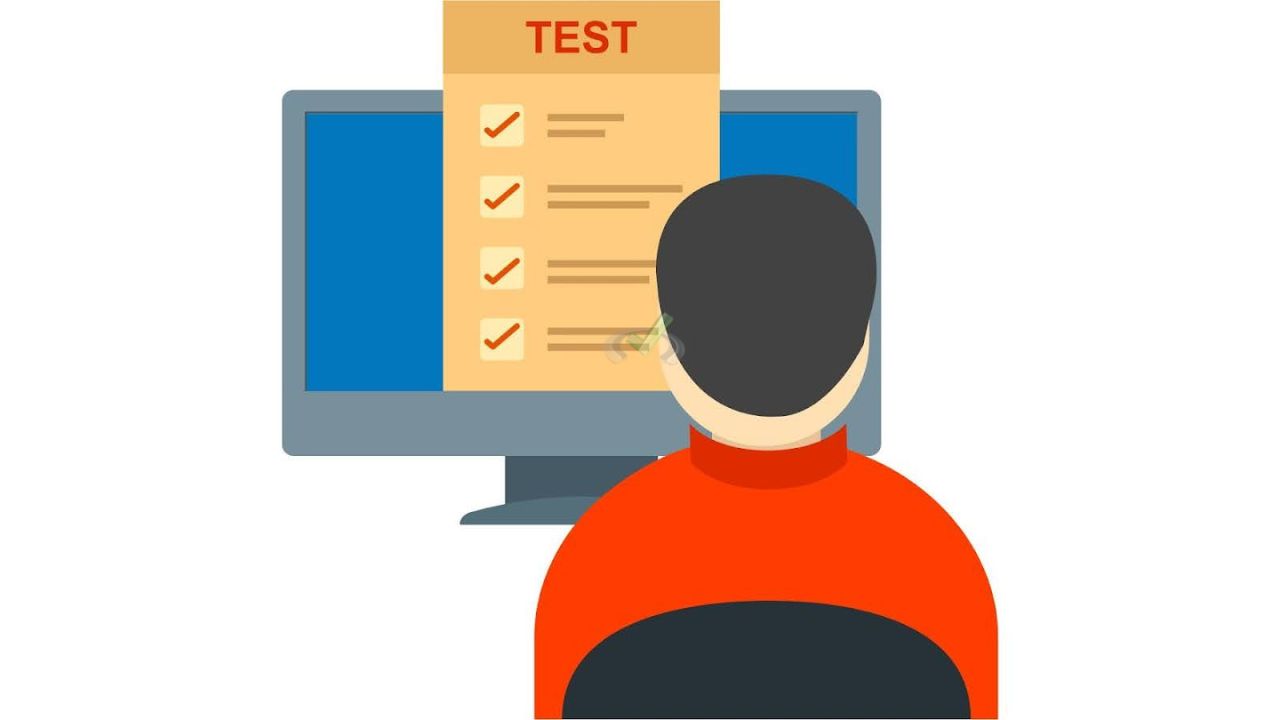
If you’ve been studying for the NCLEX, you might have come across a burning question: Can you fail the NCLEX in 85 questions? It’s a question that brings up more than just concern—it raises curiosity about how the exam works, why the number of questions matters, and what your performance truly says about your ability to become a licensed nurse.
While 85 questions might seem like a small sample size, in reality, this number is not what determines whether you pass or fail. It’s the way your answers align with the minimum competency required to become a nurse that drives the system to make its decision.
In this article, we’ll explore how the NCLEX functions, why it might stop after 85 questions, and what you can do to improve your chances of passing.
What Is the NCLEX and How Does It Work?
Before we dive into the possibility of failing in 85 questions, let’s first understand what the NCLEX is and how it works. The NCLEX (National Council Licensure Examination) is the final hurdle that all nursing candidates must overcome to become licensed registered nurses (RNs) or licensed practical nurses (LPNs). The exam is not a traditional paper test; rather, it’s a Computerized Adaptive Test (CAT), which adjusts the difficulty of questions based on your answers.
How the NCLEX Adapts to Your Answers
The NCLEX-RN or NCLEX-PN uses an adaptive testing model to assess your abilities in real time. The test begins by presenting you with questions of average difficulty. If you get the question right, the next question gets harder.
If you get it wrong, the system adjusts and presents you with easier questions. This adaptive system ensures that the test is highly efficient in determining whether you have the knowledge and skills to practice safely as a nurse.
So basically, the test is designed to zero in on your competency level quickly, and that’s where the question of “Can you fail the NCLEX in 85 questions?” comes into play.
But before we answer that, let’s deep dive on how this relates to the 85-question mark. Well, here’s the key point: The NCLEX does not have a set number of questions.
NCLEX is not about the number of questions you answer. It’s about the quality of your responses and whether the system believes you’re capable of practicing safely.
What Happens if the NCLEX Stops After 85 Questions?
When the NCLEX stops after 85 questions, it can leave you with a lot of uncertainty. Does that mean you’ve passed? Does it mean you’ve failed? Here’s how to interpret the situation.
You Can Pass After 85 Questions
Yes, it’s entirely possible to pass the NCLEX-RN and NCLEX-PN after just 85 questions. Here’s how it works: If you answer a sufficient number of questions correctly, the system may determine that you have met the minimum competency standard for nursing practice.
Once this happens, the system will stop testing, usually after 85 questions. So, in this case, the test is over, and you’ve passed.
This may sound like a quick way to finish, but remember: the system is designed to assess whether you have the knowledge to be a safe and competent nurse. If you demonstrate that competency early on by answering challenging questions correctly, the system doesn’t need to continue testing you further.You Can Fail After 85 Questions
On the other hand, if the NCLEX determines that your ability to answer the questions correctly does not meet the minimum competency level, the system may stop after 85 questions as well.
If this happens, the system has gathered enough data to conclude that you are not yet ready to become a licensed nurse. While this doesn’t necessarily mean that you failed because you didn’t answer all the questions, it does indicate that you didn’t meet the required competency level.

Factors That Affect Your NCLEX Score
While 85 questions can sometimes be enough to decide whether you pass or fail, other factors also play a role in how the system assesses your competency. Let’s take a look at some of the factors that influence whether you pass or fail the NCLEX.
1. Question Difficulty and Topic Variety
The NCLEX is designed to test your knowledge across a wide range of topics, from patient safety to pharmacology. The difficulty of the questions matters. If you’re answering more difficult questions correctly, the system will stop early because it has enough data to know that you’re competent.
Conversely, if you answer questions incorrectly, the system will present easier questions to assess whether you are able to meet the minimum competency standard. The test is designed to cover core areas of nursing knowledge. These include:Focusing your studies on these areas is essential to doing well on the exam. If you’re performing well in these key areas, the system will quickly determine that you meet the passing standards, even after only 85 questions.
2. Accuracy and Consistency in Responses
It’s not just about answering one or two questions correctly; the NCLEX is evaluating your ability consistently. If you answer questions correctly across various topics, the system will adjust to present more challenging questions, and it will stop when it has enough data to determine your competency level.
On the other hand, if you’re not consistently answering correctly, the system will adjust to present easier questions. If you don’t improve, the test may stop after 85 questions.
3. Test-Taking Strategy
The NCLEX is not just about knowing the material—it’s also about how you approach the test. Here are some strategies that can help you maximize your chances of success:
If you’re preparing for the NCLEX, subscribe to our NCLEX Daily Dose emails! You’ll get daily tips and questions that will help you stay focused and sharp as you approach your exam. Whether you’re taking the NCLEX for the first time or retaking it, these emails will provide you with the guidance and support you need to succeed.
4. Review and Understand Key Content Areas
To prepare effectively, you need to understand the critical content areas. Here’s an overview of the topics that are most heavily tested on the NCLEX:
Mastering these topics is crucial for your NCLEX success. And if you need a quick and easy way to review key nursing concepts, download our free NCLEX Cheatsheets to keep important information at your fingertips.
These cheatsheets cover all the major topics that you need to know and are designed to give you a fast reference for last-minute study sessions. Download the NCLEX Cheatsheets here to boost your confidence and improve your preparation for the big day!What Should You Do if Your NCLEX Stops After 85 Questions?
If your NCLEX stops after 85 questions, don’t panic. It’s natural to feel uncertain, but remember that the system is designed to evaluate you accurately and efficiently. Here’s what to do if your test stops early:
Stay Calm
No matter when the test ends, stay calm and wait for your results. The NCLEX system is designed to be fair, and it will stop once it has enough data to determine your competency level. Whether it stops at 85 questions or goes all the way to 265, it’s all about your ability to answer questions correctly.
Review Your Results
Once you get your results, you’ll know whether you passed or failed. If you passed, great! If you didn’t, take a deep breath and review your performance. Identify areas where you struggled and focus on them for your retake attempt
Don’t Stress About the Number of Questions
The number of questions you answer isn’t as important as your performance. The system is designed to test you efficiently, and if you answer questions well, the system will stop early. Whether the exam ends after 85 questions or more, it’s your knowledge and consistency that ultimately matter.

Final Thoughts on Can You Fail the NCLEX in 85 Questions?
Yes, it is possible to fail the NCLEX in 85 questions. However, it’s not about the number of questions; it’s about how well you answer them.
The NCLEX uses Computerized Adaptive Testing to assess your competency based on your responses, and it may stop as soon as it determines whether you meet the minimum competency level. If you consistently perform well, the test will stop early, and you’ll pass. If your answers don’t meet the standard, the test will stop and you won’t pass.
What matters most is your ability to prepare and demonstrate competency in the key areas of nursing. Focus on mastering the content, applying smart test-taking strategies, and staying calm. You’ve got this!